If you own a horse and want to travel with it, a horse trailer is an essential piece of equipment. The only problem is, buying one can set you back a whole lot of money, putting it beyond the budget of many people.
However, there is an alternative, and that’s to rent one instead. Renting offers many advantages over buying – and for anyone who thinks that might be the right solution for them, here are our top horse trailer rental tips to make sure you do it right.
15 top tips for renting a horse trailer
1. Go local and private
It may depend on where you live, but in many places, it can be hard to find commercial operations that are willing to rent out horse trailers – in which case, your best bet is to go private and search locally.
If you have a network of friends who are also into horses, you can ask around to see if anyone knows someone who might be willing to rent one out. Asking in your local stables, horse club or horse association is also a good idea.
Then there’s always the internet – Facebook is one of the best tools for connecting with people who might have a trailer to rent, and you can also check other social media platforms to see what people are advertising.
2. Know the going rate and haggle
If you find someone locally who is willing to rent a trailer, make sure you know the going rate so you are confident when it comes to discussing the price.
How much you pay will be determined by the size and quality of the trailer you rent, but the best thing to do is to search online for commercial companies that do rent trailers to see how much they charge.
Just to give you an idea, a basic two-horse trailer should cost around $60-100 per day while a larger three-horse gooseneck rig will cost you somewhere in the region of $150-180 per day.
That said, prices can fluctuate, and during periods when trailers are in demand like holiday weekends, you will probably have to pay more than this to get your hands on one.
3. Find a responsible and established company to rent from
If you are lucky enough to live near a company that will rent out a trailer, first make sure that the company is reputable – or if you have a choice, make sure you go for the most reliable option.
Again, ask around among your friends and other acquaintances who are involved with horses. Ask in you your local stables if anyone has any feedback, and, of course, make sure you do the proper research online.
Renting from an unreputable company can cause you all kinds of problems, so it’s best find someone you trust before signing any papers or handing over any cash.
If you aren’t sure about the trustworthiness of a company that offers to rent a trailer to you, don’t be afraid to walk away and go private instead.
4. Choose the right model for your needs
Again, it depends where you live and how easy it is to rent horse trailers there, but make sure you choose a trailer that matches your needs.
If you only have one horse to transport, you won’t need a huge gooseneck trailer that holds three horses and has a separate living area.
One of these will also cost you a lot more to rent, and they’ll also be more difficult to drive with, especially if you’re inexperienced, so think about your requirements and choose accordingly.
5. Make sure your vehicle is capable of towing the trailer
Another point to remember before renting a trailer is that the vehicle you drive needs to be capable of towing it. For example, a regular tag-along trailer requires either a Class III or Class IV hitch, so if you don’t have this, you won’t be able to tow the trailer.
Pay attention to the Gross Vehicle Weight Rating (GVWR) too. This tells you the maximum weight a vehicle is rated to pull, including the weight of the vehicle itself, the passengers, the trailer and the horses inside.
If you exceed the GVWR, you risk the brakes failing, the tires blowing or the suspension breaking, all of which can cause an accident while you are driving – so make sure the trailer is not too heavy for your vehicle.
6. Check the condition of the trailer with the agent
When you have agreed on which trailer you are going to rent and you are sure it is compatible with your vehicle, you need to check it over carefully with the agent accompanying you.
Make sure you notice and point out any damage that is there before you rent it and document everything by taking photos.
It is your responsibility to spot any problems before you drive away, and if you don’t take photos of any damage before agreeing to rent the trailer, the company may hold you responsible for the damage when you return it, even if you didn’t cause it.
A good idea is to video the trailer as you check it too, so even if you miss something, you can always come back to the video later – and maybe the damage will be visible there, absolving you of any blame.
Finally, don’t forget to check that the brakes, lights and other features are also functioning correctly before you accept the trailer.
7. Check your insurance policy
It’s important to check your insurance policy and the company’s policy before you drive off with the trailer.
In many cases, smaller trailers won’t need to be insured separately since they are covered by the car’s insurance – but this may depend on your state, and it also depends on the size of the trailer.
Also, ask for the rental company’s insurance card and the Vehicle Identification Number before you leave.
Finally, bear in mind you probably won’t be covered by any damage caused by the horse, so if your horse damages the trailer, you’ll be expected to pay for it.
8. Read the contract carefully
This doesn’t just apply to renting a horse trailer, it’s good general advice for life too: make sure you always read the contract carefully and thoroughly before signing, and make sure you understand everything.
For example, make sure there aren’t any extra charges that you’ll have to cover hidden in the small print.
Usually, reputable operators won’t try to pull any underhand tricks, but you never know, so make sure you’re aware of what you’re signing for before putting pen to paper.
Also, insist on taking a copy of the contract with you, just in case.
9. Insist on the paperwork being done correctly
Always insist on doing the paperwork properly and don’t rent from a company that tells you it’s not necessary.
If there’s no contract and all they want you to do is hand over the cash and drive off, this is a big warning sign that the company isn’t entirely trustworthy – so make sure the paperwork is in order or walk away and find a trailer somewhere else.
10. Make a backup plan for things going wrong on the road
Although when you set off on a trip with your horses, you hope everything will be fine, you should always prepare for the worst.
This means you should make sure you take the details of the rental company with you and you should tell friends about your trip before you leave.
As with any road trip, make sure you have spare tires on board, and don’t forget to take food and supplies – for both you and the horses.
That way, if anything happens to you on the road, you will be prepared to deal with the situation.
11. Practice first before driving with horses
If you’ve never driven a car with a trailer, it’s highly advisable to take it out on the road for a trial run before you put horses in it.
Trailers are not particularly difficult to maneuver, but you don’t want to be learning with live animals in tow, so take it out for a practice first.
When reversing, a simple trick to remember is this: put your hands at the bottom of the steering wheel, and if you want the trailer to turn left, move your hands to the left. To turn it right, move your hands to the right.
12. Check the trailer for damage and clean it before returning
When returning a trailer, make sure you give it a thorough check for damage before giving it back. This way, you can anticipate any problems and potentially repair damage before the rental company sees it.
Finally, give the trailer a good clean and hose down. Some companies will charge you for cleaning if the trailer is dirty, so you can save yourself a bit of cash by doing it yourself.
13. Consider renting for longer periods to save money
A handy tip to remember is that if you rent for longer periods, you can often get a better deal. For example, the daily rate if you rent for a week will work out lower than the daily rate for a single day – and the same will be true if you take it out for a whole month.
This means that by planning ahead and anticipating when and how often you will need a trailer, you can reduce the costs a little.
14. Consider leasing a trailer
Another option is to lease a trailer. This is a good idea if you don’t want to buy a trailer outright but you still need to use one often.
The rate you pay will be much lower than it would be for renting a trailer by the day, and obtaining financing for a trailer lease is also much easier than getting a loan to buy a trailer.
There are other advantages too. If you lease a trailer, perhaps on a two- or three-year contract, you can take it in and lease a newer model at the end of each contract, which means you’ll always have the most up-to-date equipment.
Also, after leasing, you may have the option of buying the trailer at a reduced price, a solution that’s beneficial to both you and the leasing company.
However, if at the end of the contract, if you decide not to buy it, there’s no obligation to do so, which means you have nothing to lose.
15. Consider buying a trailer
Alternatively, if you often need to rent trailers for your horses, it might be time to bite the bullet and consider buying one after all.
Remember, trailers can last a long time, and at the minimum, you should expect to get at least a decade of use out of it, if not much more.
Owning a trailer also means you’re familiar with it. You know how it handles, so you’ll be confident driving with it, and your horses will also know the trailer well, so they will be more comfortable getting in and out of it.
The best way to decide if a trailer is a worthwhile investment is to start by doing the sums. Calculate how many times a year you need to rent a trailer and work out how many years you would need to use the trailer for it to be a smart option.
For example, if you spend $500 per year renting a trailer, it will take you only six years to recoup the cost of buying a $3000 trailer.
However, you should also factor in the added convenience of owning a trailer and not having to go through the hassle of renting one every time you need to transport your horses.
For this reason, some people might be willing to invest in a trailer, even if it’s likely to take slightly longer to recoup the expense.
Not a difficult task when you know what to do
As you can see, although it might seem complicated, renting a horse trailer is not so difficult when you know what you’re doing. So if you need to rent a horse trailer in future, simply follow the tips in our guide and we’re sure you’ll find just the trailer you need.
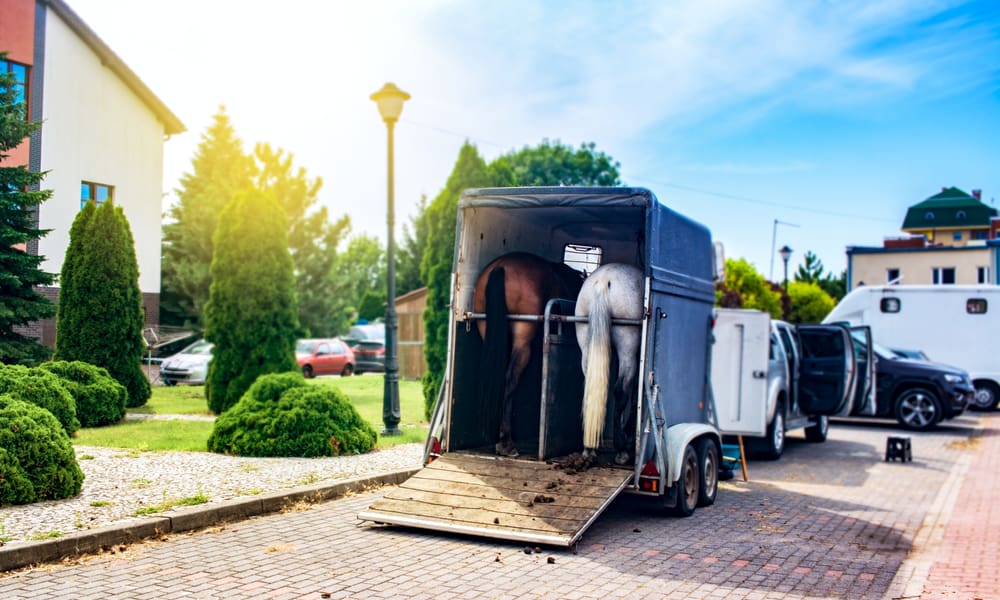
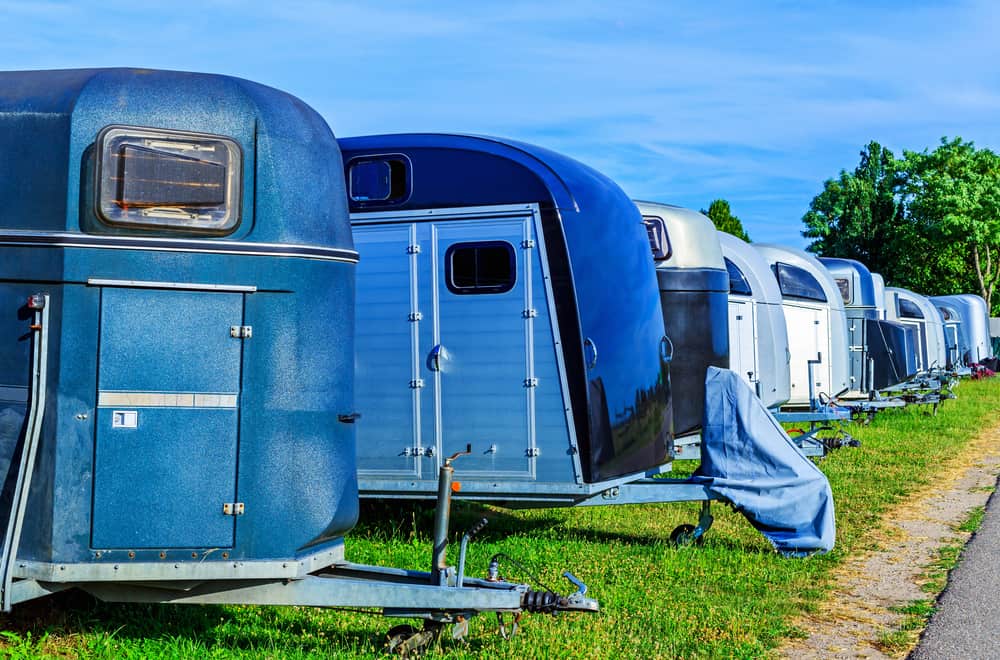
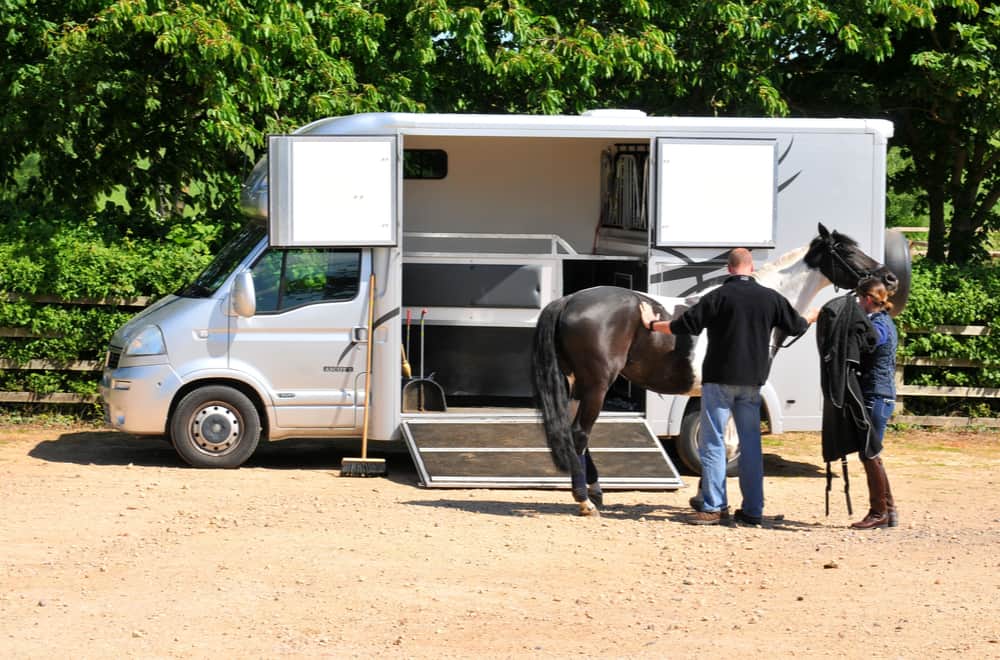
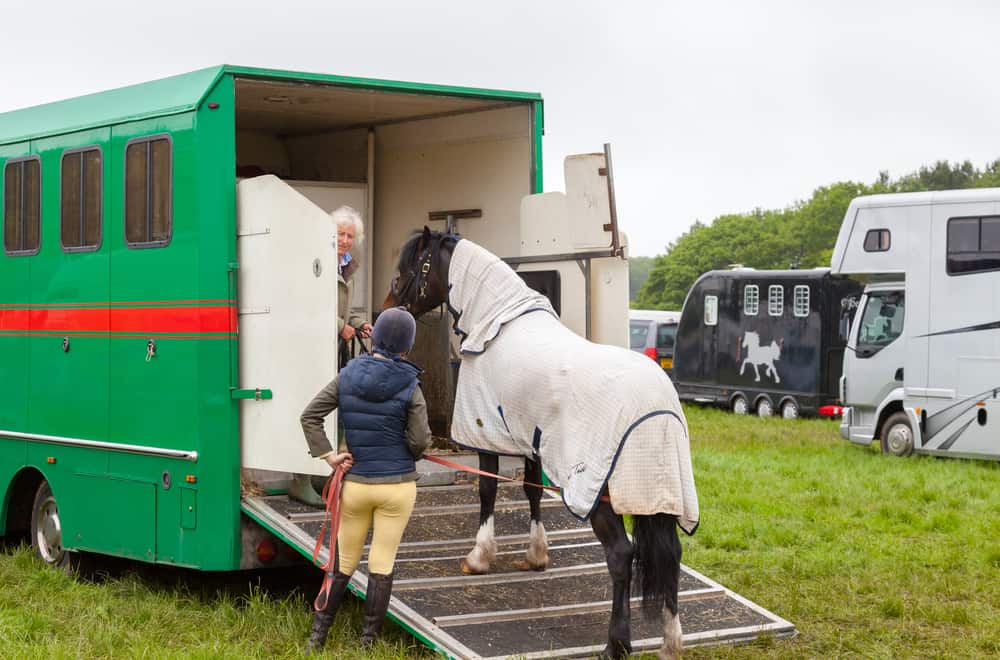
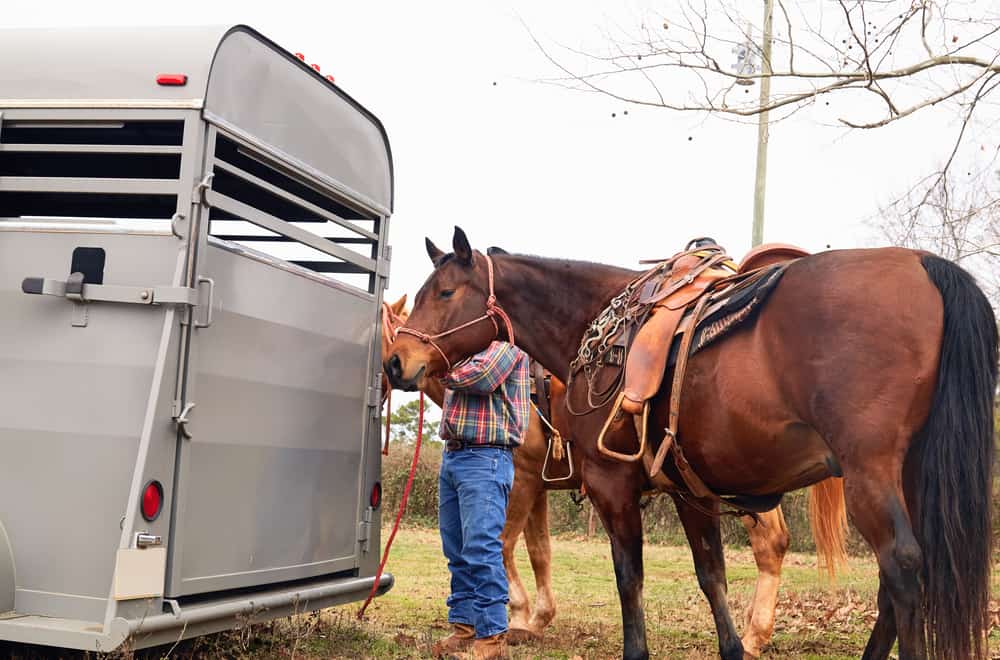
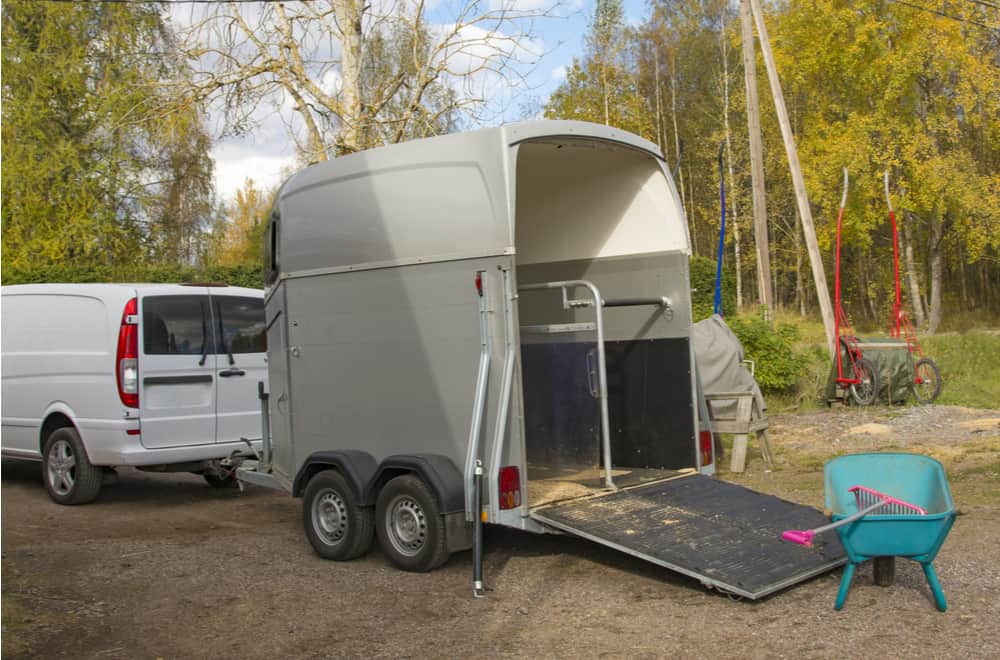
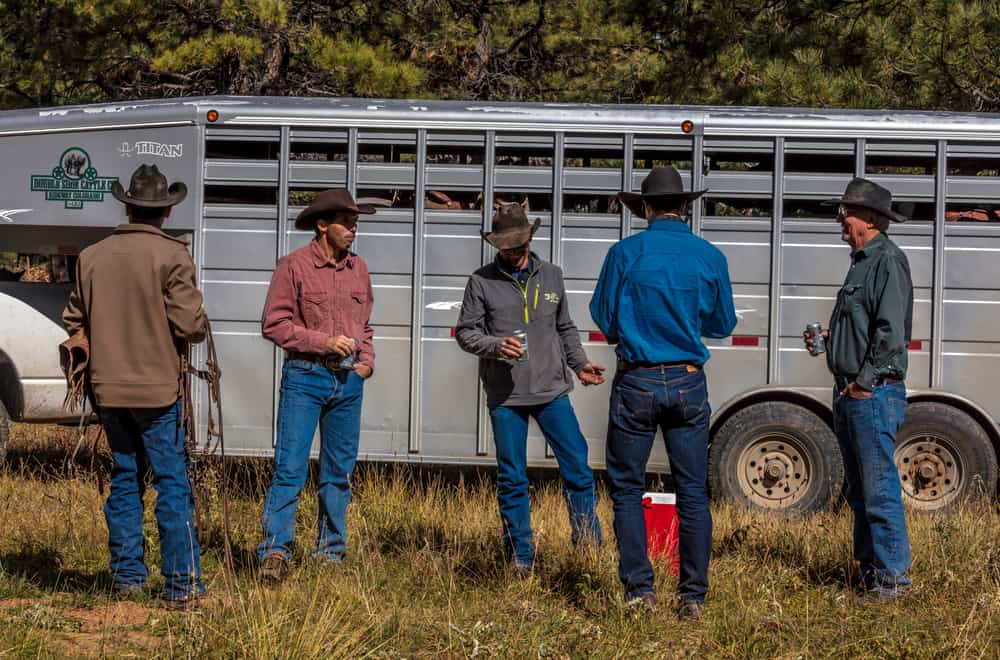
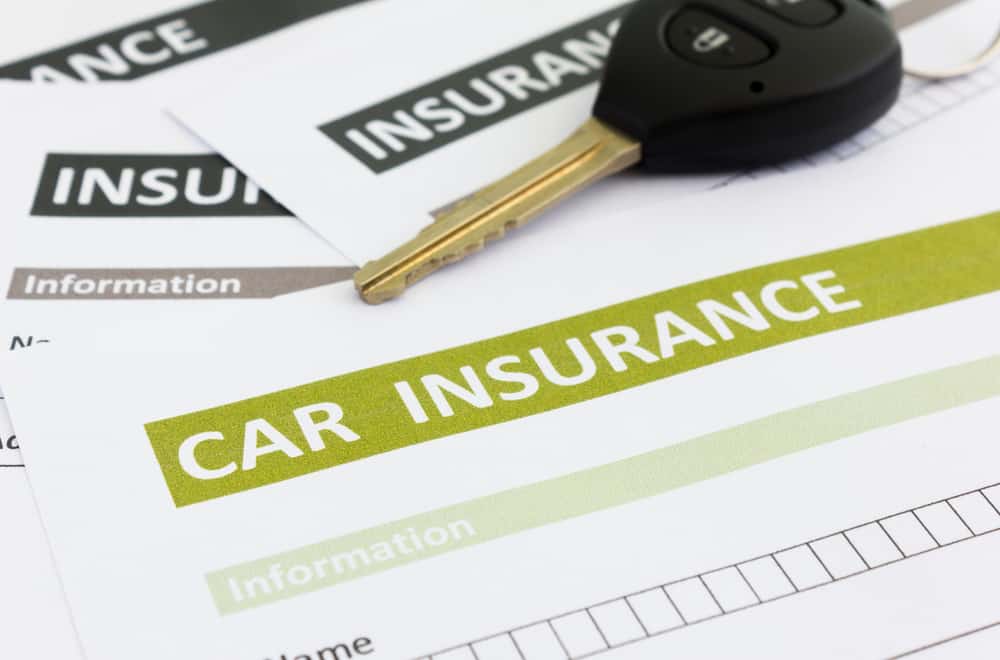


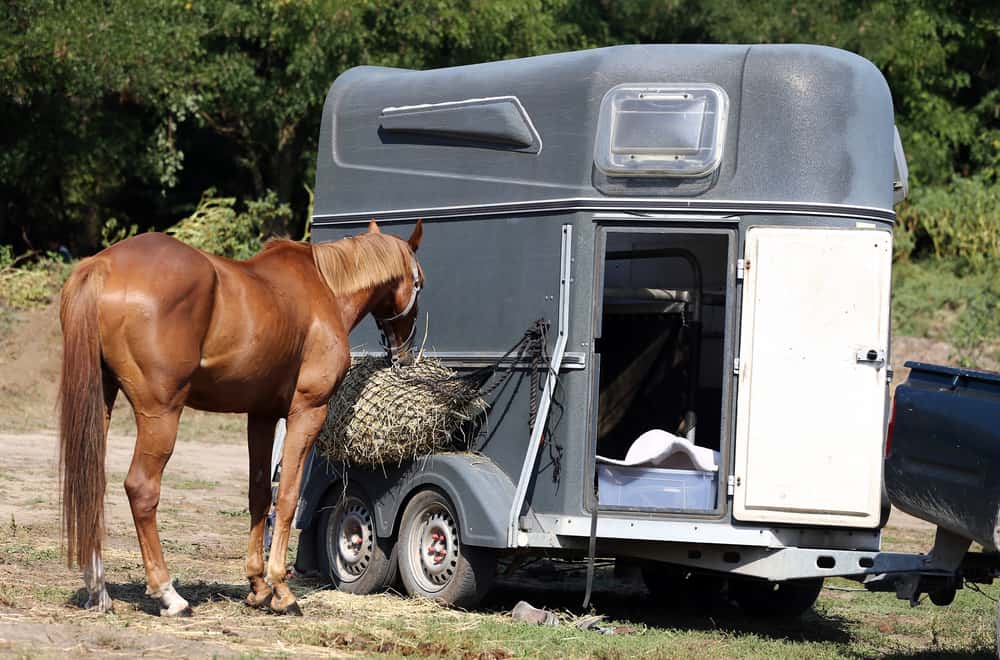
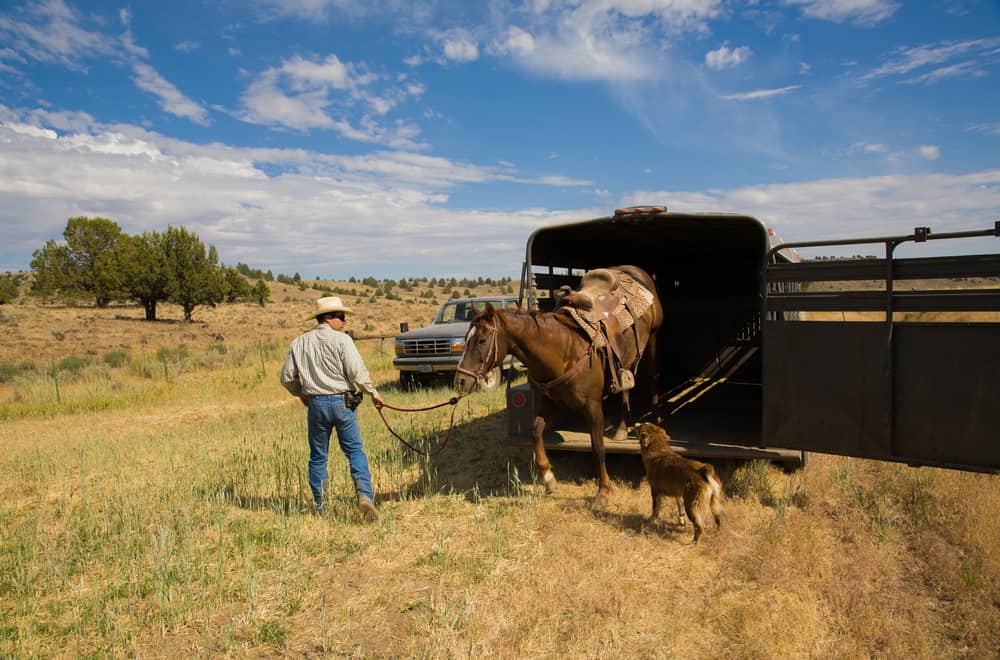
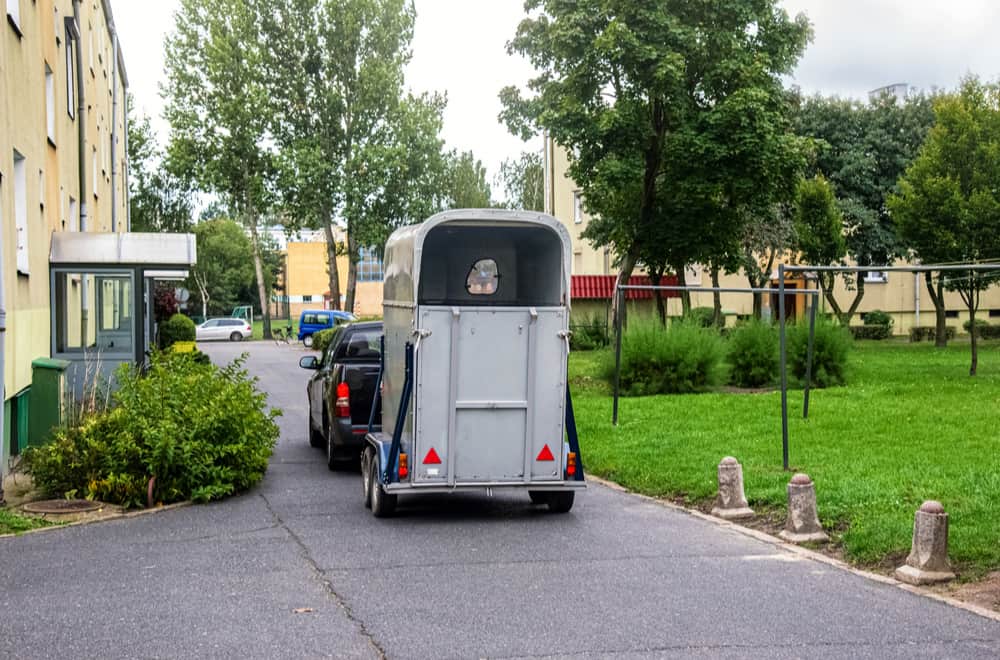
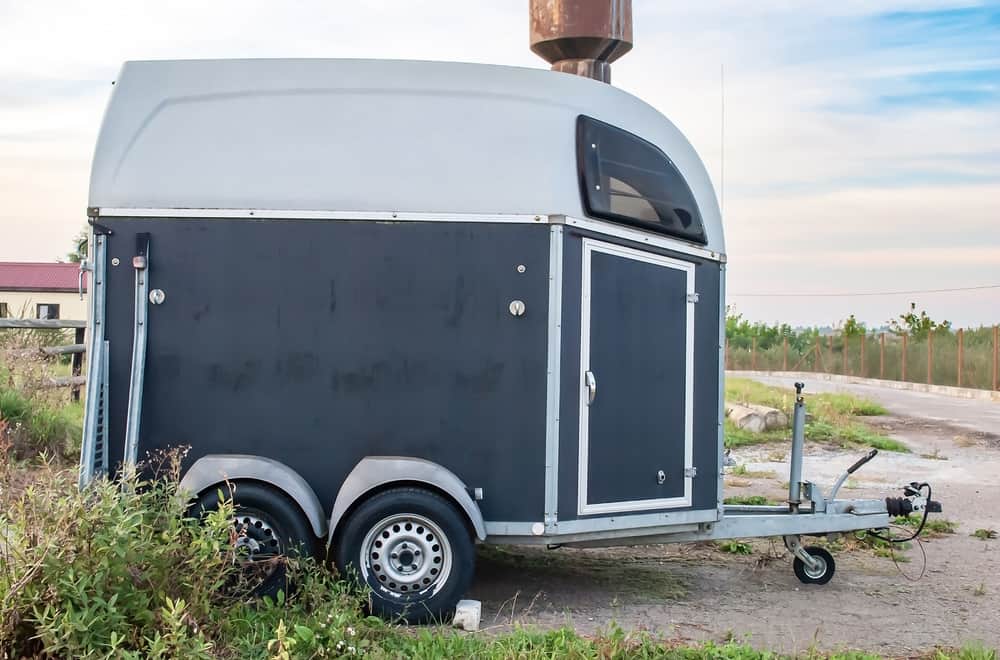

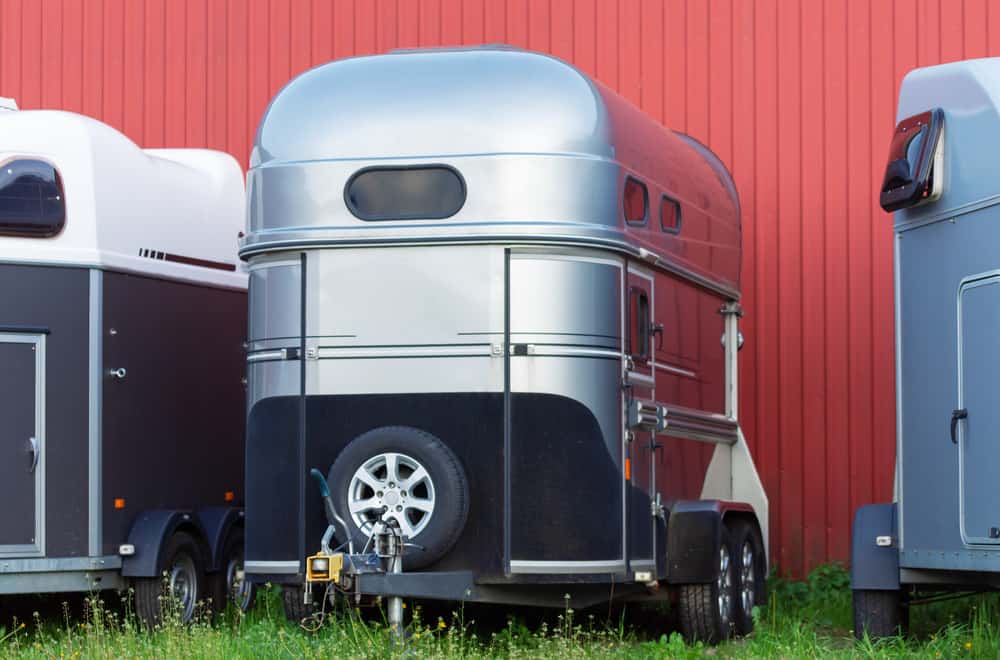

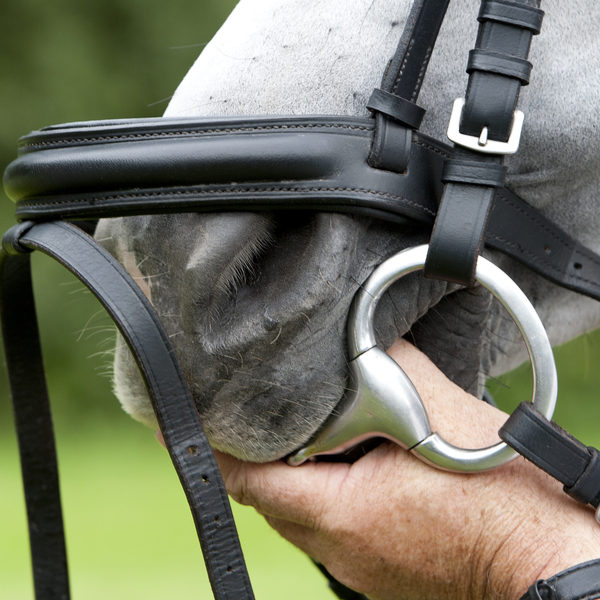


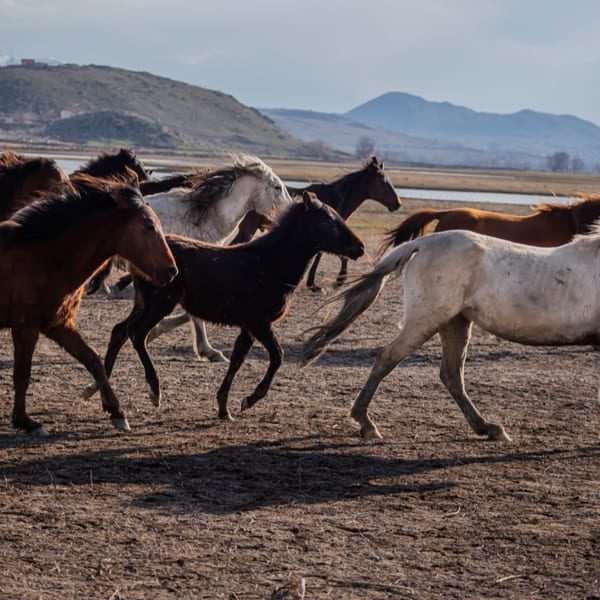
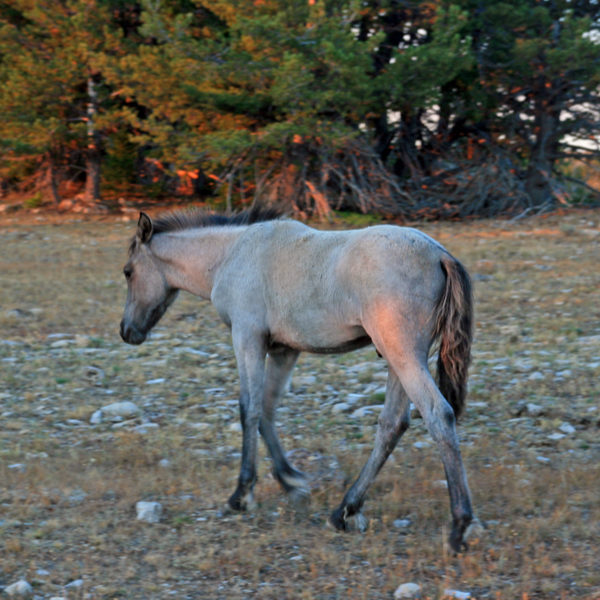
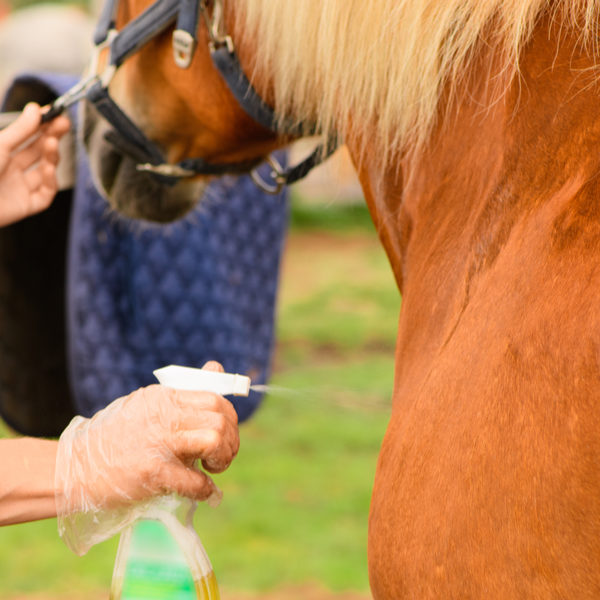

They are convenient for moving. I will buy one for my horse
If you have enough money and need to use the Horse Trailer several times in the future, buying one will be the better choice than renting as it will save you money in the long run.
It seems to me that renting can be a great option to try those trailers that you are looking at in the future for yourself to buy. Try, so to speak, them in business and already decide whether they satisfy your requests or not.